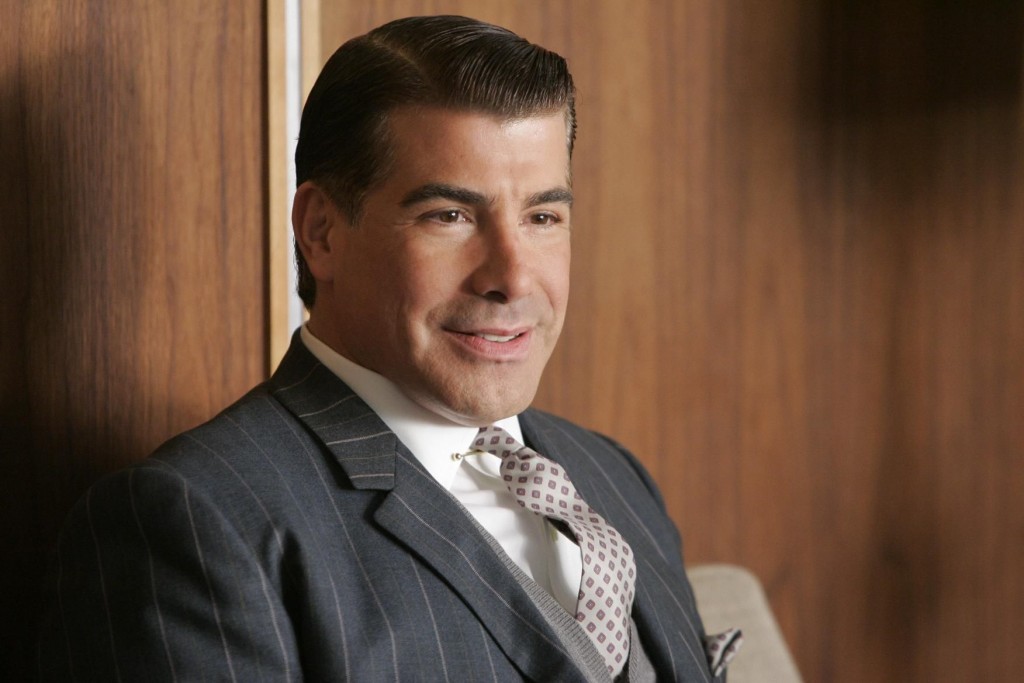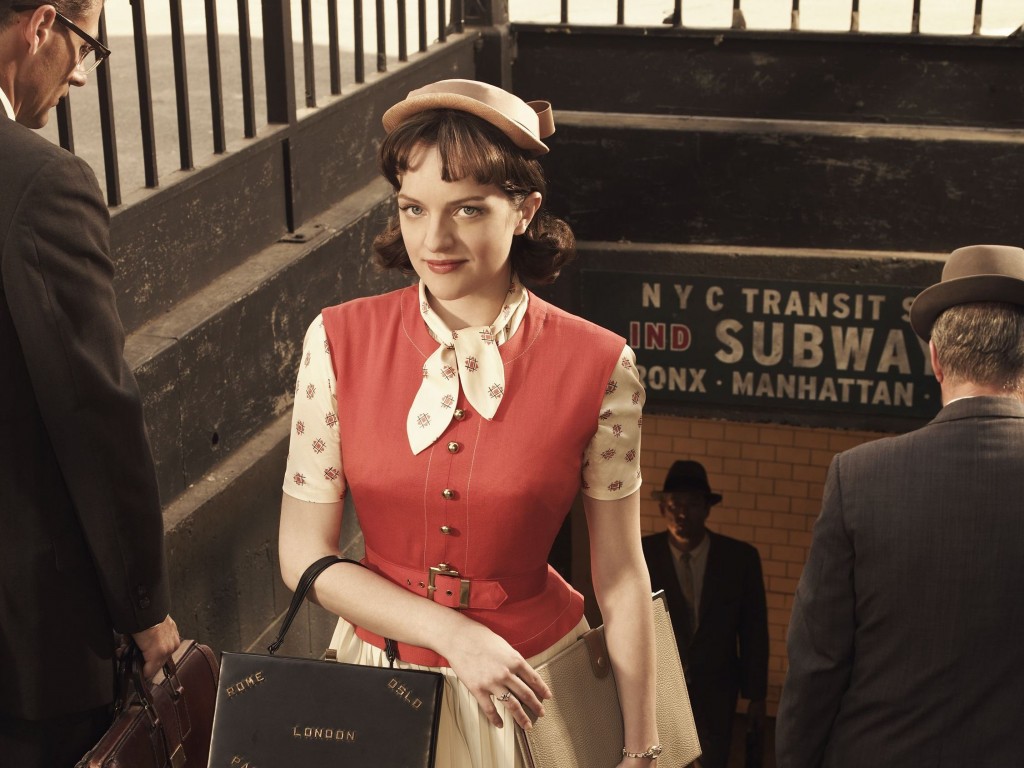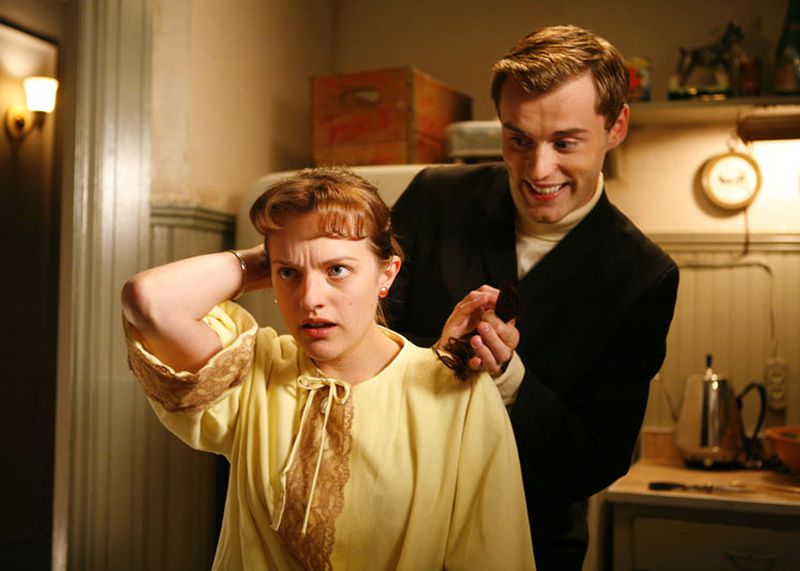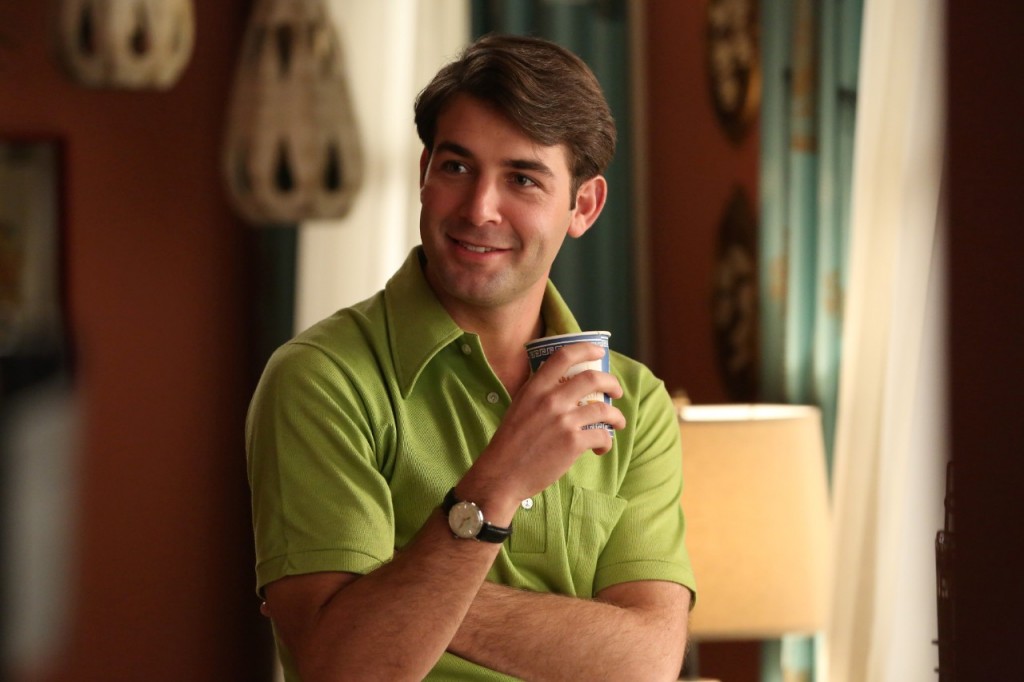Mad Men: The Gay Farewell
By Ben Kelly

For a show that has lasted ten years, with famously slow burning plot lines, it’s understandable that not everyone has followed Mad Men right to the bitter end. But, as the final half of Season Seven prepares to screen on Sky Atlantic this month, inevitable interest will be revived, and the show’s legacy assessed.
Despite the show being entrenched in the masculine world of advertising in 1960s New York, many gay viewers were attracted to the lure of Don Draper, and the stiff buttoned up world that concealed secrets and offered sexual opportunity. Furthermore, the show provided glimmers of gay life and characters, exploring evolving attitudes in a socially explosive decade.
Homosexuality was immediately apparent issue with original character Salvatore Romano (played by gay actor Byran Bett). An art director at the advertising agency, the Italian American exudes a certain flamboyance that betrays his true nature, despite being married, and frequently attempting to join the men in flirting with the office girls. Things start moving with Salvatore in Season Three, when he goes on a business trip with Don, who subsequently catches him in a tryst with a bell boy, but keeps his silence. A few episodes later, Sal performs an over the top rendition of Bye Bye Birdie as he walks his wife through a commercial idea, and the audience watches the painful penny drop for her.

Salvatore appears as a very particular type of pre-Stonewall gay man, who is hiding in a sexless marriage, living a lie day to day, with seemingly little or no awareness of a gay world and its other inhabitants. For someone who continually suppresses his own natural desires, it seems especially cruel when he comes to be punished for it, in his Season Four storyline climax. After rejecting the advances of Lee Garner Jr. (whose father owns the lucrative Lucky Strike cigarette empire) Salvatore is fired by Don in order to save the account, and the character leaves under a dark cloud, without fanfare.
In a 2013 interview with the Wall Street Journal, the show’s creator Matthew Weiner discussed the story line, saying, “More than with any other character, I’ve had lots of conversations about that. I wanted to tell the story of how incredibly unfair it was for Sal, and that’s the sacrifice I made. It’s a gigantic moment in the series.” Some fans hold out hope that he may make a surprise return in the final episodes, but it seems unlikely.
An interesting alternative to Salvatore appears in Season Two when a young German designer called Kurt comes to work in the office briefly, and strikes up a friendship with Peggy. With his roll neck sweaters and European liberalism, he contrasts starkly with his colleagues, and when the pair are teased for dating, Kurt is quick to correct the entire room, saying “I am homosexual”. The group appears mortified and Pete Campbell attempts to save Kurt’s face by saying “I don’t think that means what you think it means”, though he only responds more adamantly, “I make love with the man, not the woman”. It’s a conversation that even the youth of the Kennedy era don’t appear comfortable with. Peggy however – who is the newest and youngest member of the team – is seen to be more comfortable with such outsiders.
The Mad Men writers appear to use Peggy as something of a plot device across the series, to traverse the subculture of New York – she goes to the Village, sees Bob Dylan, experiences drug use – to the extent where it can sometimes feels like box ticking. In Season Four she strikes up a friendship with the unapologetic and feisty Joyce, a slightly radical feminist who comes on to Peggy in spite of the fact that she has a boyfriend. “He doesn’t own your vagina”, she protests. “He’s renting it”, is Peggy’s droll reply.
Elsewhere, Peggy’s sumptuous female alternative Joan also has her own brush with same sex female desire. In Season One, her roommate Carol attempts to kiss her, saying “Just think of me as a boy”. Joan later becomes embroiled in another gay storyline when the mysterious Bob Benson arrives on Madison Avenue in Season Six.
Bob (played by James Wolk) appears as a very alternative gay character. If he and Salvatore book end the gay narrative of the show, then Bob is a modern, astute and undetectable gay man, in contrast to Salvatore’s slightly more traditional, tragic story. We first meet Bob as a curious outsider, who doesn’t even work in the team, but worms his way in by offering smiles and free coffees in the elevator he conveniently takes with important people like Don. He’s a smooth operator, an opportunist, and a survivor.
Any eagle queer eye might have sussed out his gay potential from the beginning, but it doesn’t become apparent until he subtly comes on to Pete Campbell towards the end of Season Six. His friend Manolo, who is caring for Pete’s mother is also revealed to be gay, as is a friend who is arrested for trying to fellate an undercover cop. Bob appears to have a fairly discreet network of gay friends that isn’t immediately obvious to the others.
It’s somewhat surprising then when Bob proposes marriage to Joan in Season Seven – seemingly hopeful that setting up a faux family life will help his career prospects. For a moment it looks like he could end up on the same path as Salvatore after all, not progressing the growing strength of the gay community; but Joan, in her wisdom, turns him down. “You don’t want this”, she explains, “You shouldn’t be with a woman”.
When Pete discovers that Bob has lied about his lower class background, invented his references, and likely changed his name, he chooses not to out him, because he failed when trying to do the same to Don years earlier. It is notable however, that both Don and Bob are men who have changed their identities, and created their back stories in order to make progress in their pursuit of the American Dream, and the parallel of Pete uncovering them both further highlights Bob as a successor to Don, showing that gay men now have the same potential as their powerful heterosexual peers. In these two American lives, there are indeed second acts.

It’s a testament to the depth of a series like Mad Men that a theme as minor as the gay experience provides so much over which to pore. As much as the bulk of this falls to characters like Salvatore and Bob, it’s also crucial to look at these plots as contributors to the overall experience of otherness in the series, which often leads back to Peggy. From her very first day as a secretary in the pilot episode, she represents the outsider in Mad Men, not just her fellow females, but also African Americans, the gay community, Jews, immigrants and other subcultures – groups from which she regularly acquires friends. Speaking to the Paris Review in 2014, creator Matthew Weiner spoke of his experience as a Jewish writer. “I sympathise with feminism the same way I identify with gay people and with people of color, because I know what it’s like to look over the side of the fence and then to climb over the fence and to feel like you don’t belong or to be reminded at the worst moment that you don’t belong.” He goes on to say, “Of all of them, Peggy is my favourite. I identify with her struggle”.
Her advance through the seasons represents the advancement of minorities in the 1960s, and shows her eventually coming to rival the white, heterosexual, masculine dominance of Don Draper by the end of the decade. Arguably, a viewer will either see Mad Men as being the story of Don Draper, or the story of Peggy Olson, and the gay viewer is much more likely to follow Peggy’s narrative, empathise with her struggles, and rejoice in her triumph. It’s unlikely that a character will emerge from the Stonewall Inn with a rainbow flag in the final episodes, but across the entire arc of Mad Men, a low key history of gay people in a very straight world is well explored.
The final episode of Mad Men airs in the US this Sunday (May 17).
WORDS: Ben Kelly
More stories:
‘I’m HIV-positive but my boyfriend’s not’: One couple’s story…
1D discuss Zayn’s exit: ‘We were a little bit angry’



